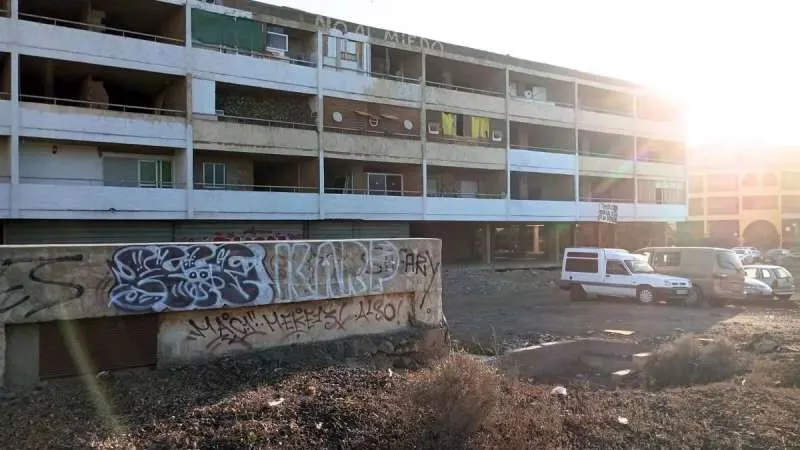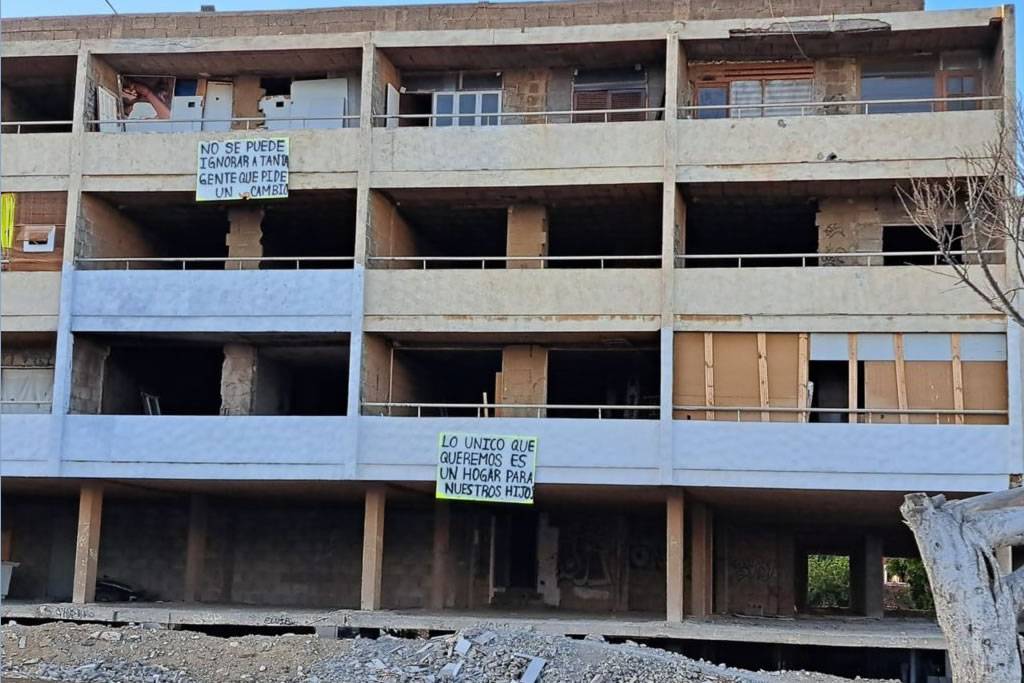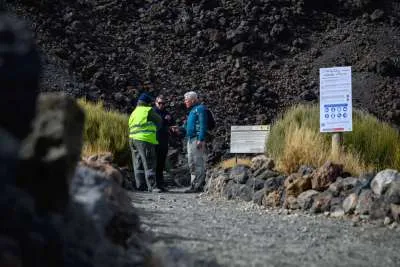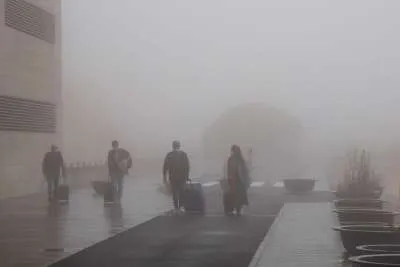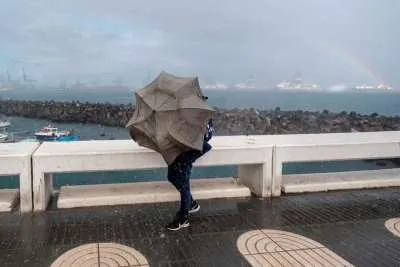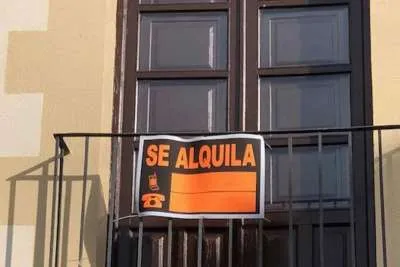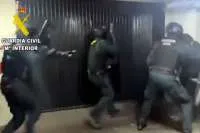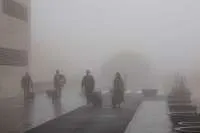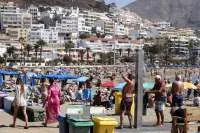Mass eviction in the south of Tenerife will leave 200 people homeless on Tuesday
- 09-03-2024
- Tenerife
- Canarian Weekly
- Photo Credit: DA
A sudden judicial eviction order issued on February 8th has put more than 200 vulnerable people, including children, pregnant women, the elderly, and people with disabilities, on alert. They have been occupying a partially constructed housing complex for eight years in the building known as Chasna, located in Costa del Silencio in the south of Tenerife. The eviction is scheduled for this coming Tuesday, March 12th.
The evacuation of the building, ordered by the Arona Court of First Instance No. 3, which comprises 44 homes, is due to "structural problems in the building, posing a risk of collapse and danger to the occupants," Arona City Council's Social Services Councillor, Ruth Martín, told Diario de Avisos.
The people affected told the press yesterday that: "Next Tuesday, we will be left on the streets. This is where we have built our lives; our children go to school here, we have jobs, but we cannot afford to pay for a home or rent because prices are sky-high and very few are available."
They also stated, "Social Services told us we have to leave, take the children out. But if they kick us out, where will we go if we have no resources? There are people here as old as 80, newborn babies, and sick people. Where will they go now?"
The families, who have been residing there for eight years, explained, "The building has been abandoned for years. Conditions were initially dreadful: we had no electricity or water, so we have relied on solar panels and tanks to have the minimum resources to live here. We haven't asked for anything from anyone. But now, we need help."
They also stated that they have contacted the Arona City Council but have found no solution: "There are families who have been on the waiting list for housing for over seven years, but they have received no response. We have contacted the Council, and they don't help us either. All they say is that we have to leave here. We're not asking for anything for free, just a solution to avoid ending up on the streets."
RESPONSE FROM THE ARONA CITY COUNCIL
Social Services Councillor, Ruth Martín, stated yesterday that, "In normal cases, before an eviction takes place, the court requests reports from the City Council to assess the different situations of the families. And, considering their vulnerability, they usually postpone the eviction for a few months to find an alternative. However, in this case, they have not considered our reports, as the safety of people prevails, given an urban report on the structural problems of the building, which is at risk of collapsing."
The Council also clarified that they have tried to find an alternative for these families so that on Tuesday, March 12th, they will not be left on the streets, but "we have not been able to find a solution. We have reached out to the Government of the Canary Islands, the Cabildo de Tenerife, and the Canary Islands Housing Institute, but given the serious housing problem the Island is facing, they tell us that nothing can be done because everything is full."
Additionally, Martín recounts that, not even, "can we opt for hotels, hostels, or apartments because occupancy, amid the winter tourist season, is at 100%. There is no housing alternative for these people. The only thing we can do from Social Services is to provide financial assistance, up to 3,000 euros, for each family to find a rental, but of course, what good is it if there are none available?" "We are facing the worst housing crisis in history," said the head of the social services.
Thus, next Tuesday, more than 200 vulnerable people, including children, the elderly, the sick, and people with reduced mobility, will be evicted from their homes, with nowhere to go.
